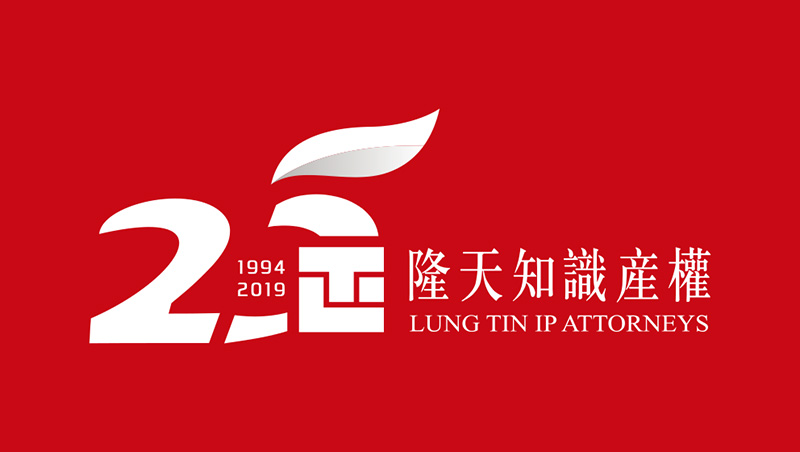Beijing Intellectual Property Court issued a guideline to help litigants access better evidence in civil cases involving trade secret infringements on Friday.
Between November 2014, when the court was established, and October this year, the court heard a total of 163 disputes involving trade secrets, of which, 120 have been concluded.
"Many disputes often happened in fast developing industries and competitive business entities," said Song Yushui, vice-president of the court, who added that more than 93 percent of the concluded cases were against enterprises' employees or former employees.
The involved employees or ex-employees were mainly senior executives of enterprises or worked for important departments where they had access to trade secrets or relevant information, "and they were sued mostly after they resigned or found a new job," she added.
In a just-concluded case, for example, the court ordered three former employees of a company to stop infringing trade secrets of their original company, as they were found to have given information on a golf course, lists of bank clients and cooperation prices without permission to their new employer.
The court also required the three defendants to pay 7.99 million yuan ($1.2 million) to cover economic losses and reasonable expenditure of their original company.
"While solving the cases, we found it difficult for plaintiffs to provide sufficient evidence, which often caused their failure in lawsuits, and some litigants also had big concerns on leaking trade secrets again in the proof process," Song said.
To alleviate the difficulty, optimize business environment by rule of law and keep fair competition, "we made the guideline in line with Chinese laws and judicial interpretations, hoping it can offer reference of proof for litigants," she said.
The guideline specifies what situations can be identified as trade secret infringement and what evidence should be provided if someone wants to sue the infringers, she added.
Regarding trade secret as a special IPR, she said relevant infringements are more complicated and harder to be discovered compared with those involving patents or trademark.
But she called for intensified efforts to protect the special IPR, adding which is also requirement in an IPR development plan (2021-35) recently released by the Communist Party of China Central Committee and the State Council, China's Cabinet.


